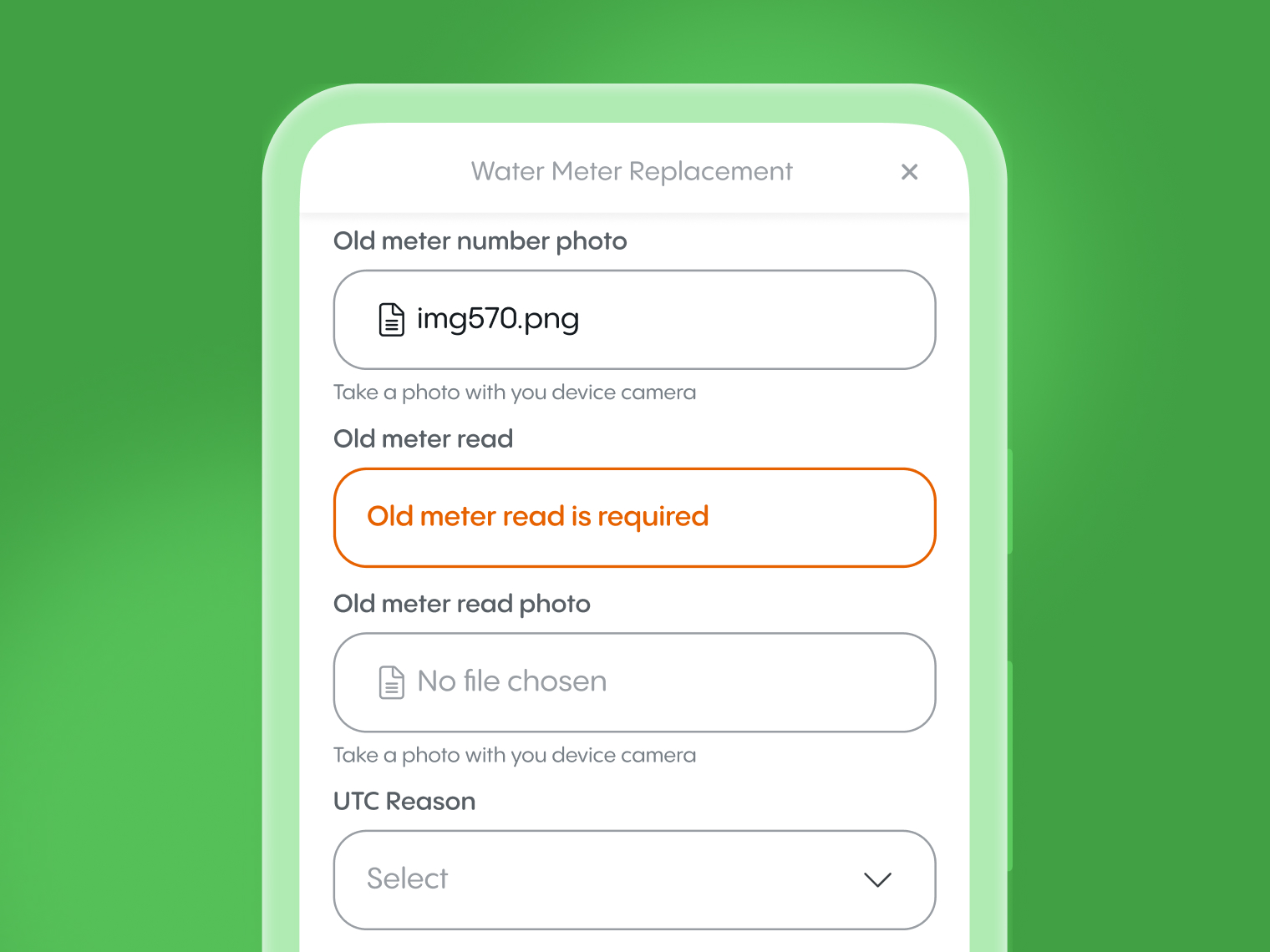Technology Transformation: The Key to Success of Operations

The roadmap for business success, including in utility field projects, is now inseparable from digital transformation. A recent McKinsey Global Survey reveals that the competitive divide between organizations with strong IT and the rest grew substantially in the past two years. The longer companies wait, the more challenging it will be for them to minimize the technology gap in the future.
This entails more than simply transitioning from paper notes or spreadsheets; it requires leveraging the most recent cloud-based technology tools. Legacy software, which may have served reliably for a decade, has now become a burden that slows company growth and diminishes profitability.
The McKinsey Global Survey indicates that IT modernization is already well underway worldwide. Now is the time to make changes towards reviewing and adjusting IT strategies or creating new ones. This trend is also relevant to the utility industry and local government. Some companies are making multi-year strategic plans to develop new successful IT roadmaps, while others maintain a typical reactive approach where IT departments work more like firefighters, resolving issues rather than focusing on strategic goals.
The advanced group will continue to make significant progress in their digital initiatives, while the latter will fall further behind, resulting in a widening gap every year.
Mass migration to the cloud
Companies have been adopting cloud technologies, and over the past two years, the migration rate from legacy software to cloud platforms has increased significantly, as reported by McKinsey. State and local governments have also been embracing cloud solutions. According to the "2023 CompTIA Public Technology Institute State of City and County IT National Survey," seventy-five percent of respondents stated that they have transitioned from using a local version of an application to a cloud application (SaaS), which is a 6% increase from the 2021 survey.

Why is the cloud so significant? There is a simple explanation. Cloud computing allows businesses to optimize technology costs, scale operations, and have maximum flexibility. Plus, when IT solutions are in the cloud, it is much faster to deploy new technologies. What used to take weeks can be done in a couple of hours with the cloud.
Cloud-based architecture provides unique flexibility. All Fieldman software solutions, including Asset Management and Asset Deployment, are cloud-based that allows us to configure our platform for a field deployment project in 2 or 3 weeks. For example, Fieldman can modify workflow, make adjustments at any stage of the utility field project or mix and match hardware in the field.
No legacy software has such speed and ability.
According to McKinsey Global Survey, "fully half of the respondents say their companies are planning either large- or full-scale cloud transformations within the next two years."
Data-driven decisions
Cyberattacks have been a critical issue for several years now.
The COVID-19 pandemic have made the situation even more challenging for IT professionals since the number of hybrid and remote setups has grown. The wave of remoted workers had increased the attack surface that continues to be exploited. It is clear that remote workers will not disappear; people are enjoying their new work practices and lifestyles.

In 2021, companies with mature IT modules were expanding efforts in cybersecurity modification, informs McKinsey.
"Respondents report a significant increase in cybersecurity transformations at their companies at sixty-two percent, up from forty-five percent previously, followed by infrastructure and architecture transformations. A sizable share of respondents says their companies are pursuing several of these key transformations in parallel, which helps ensure their interdependencies are understood and addressed. Forty-two percent report both cyber and infrastructure transformations, while forty percent report both infrastructure and architecture transformations."
For local governments, cybersecurity has been identified as the top priority in the previous nine surveys, according to the "State of City and County IT National Survey 2023" report. When asked the question, "What do you see as the key priorities for your IT department to focus on over the next 2 years?" nearly all participants (97%) mentioned cybersecurity as a key priority. This was followed by modernizing outdated IT systems and applications (62%).
Data-driven decisions
The significance of data-driven decision-making for business success cannot be underestimated. Numerous examples demonstrate how data plays a crucial role in driving the efficiency of AMI deployment or gas leak detection projects. Reliable data can help calculate an accurate project timeline or visualize the efficiency of all field workers.
The ability to effectively leverage predictive analytics is seen as a game-changer, as it opens new possibilities for proactive decision-making. As technology advances, the focus will shift more from merely gathering data to delivering it efficiently to those who need it most, ushering in a new era of data utilization and accessibility.
Data-driven decisions provide objective and measurable criteria for evaluating work performance. By tracking and analyzing data metrics, managers can identify key performance indicators (KPIs) and benchmarks to monitor progress. This approach allows organizations to set realistic goals, measure outcomes, and make data-backed adjustments for better results. It promotes a culture of accountability and continuous improvement within the workforce.
The outcome of the McKinsey survey suggests the need for companies' technology to be dynamic and responsive to the changing needs of the business will only continue to grow. Companies that don't already have a strong technology foundation are poised to fall even further behind.
Of course, utilities and vendors are busy with daily operations, bidding for new projects, and dealing with supply chain disruptions. Unfortunately, all businesses experience a lack of resources, and there are never enough work hours, financial investments, or motivated employees. Today companies do not have a choice. Only those who can think strategically and invest in digital transformation will continue to grow in the nearest future.
Explore how you can streamline operations with Fieldman platform
Book a Demo.webp)




